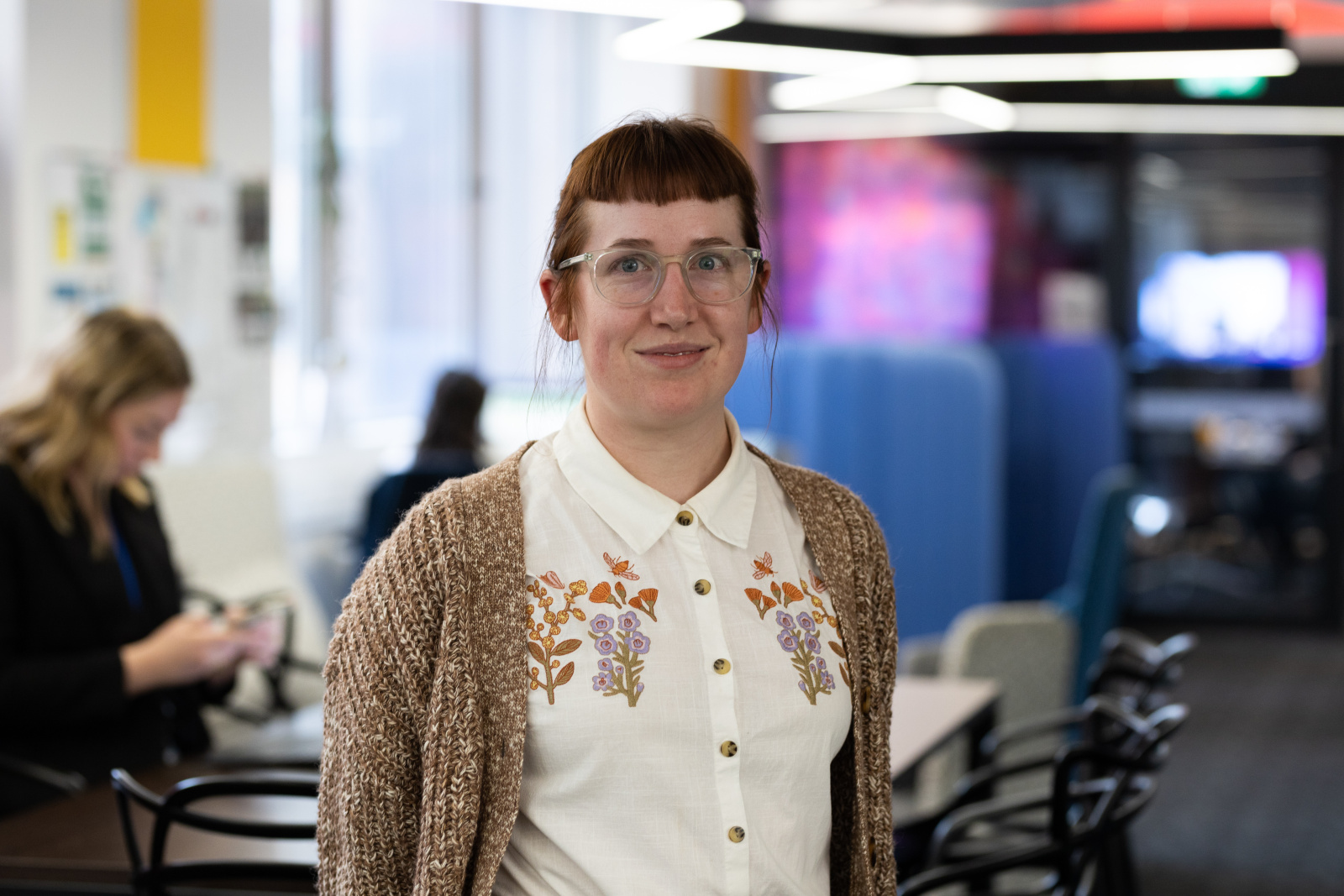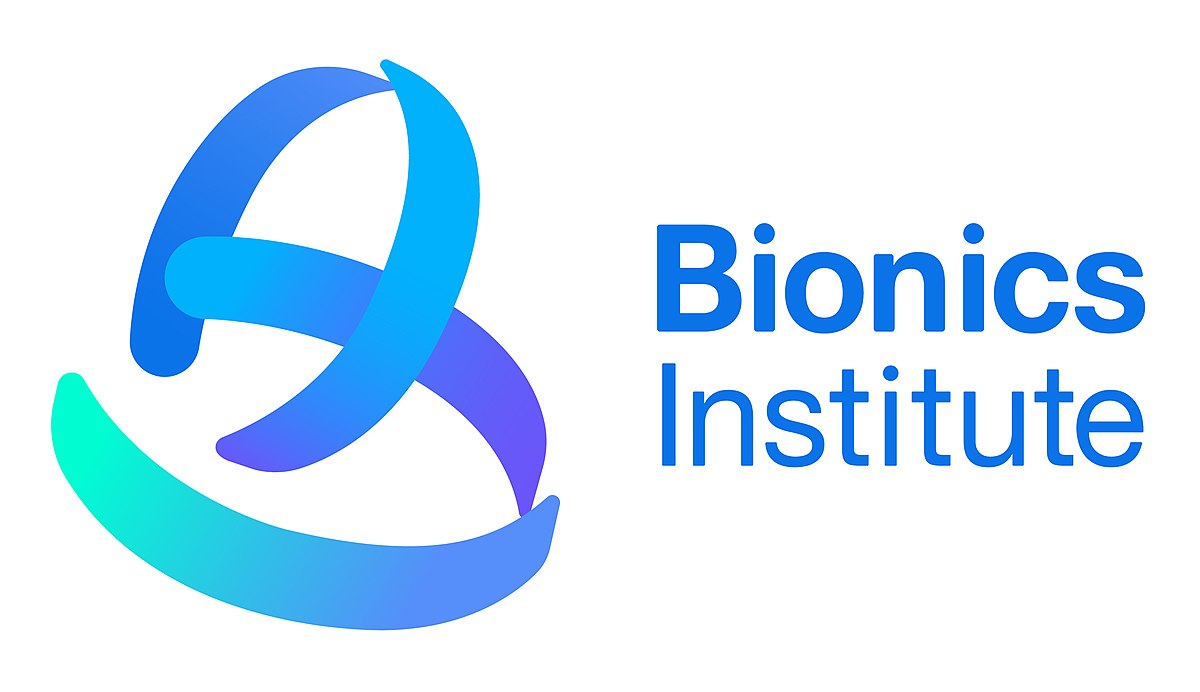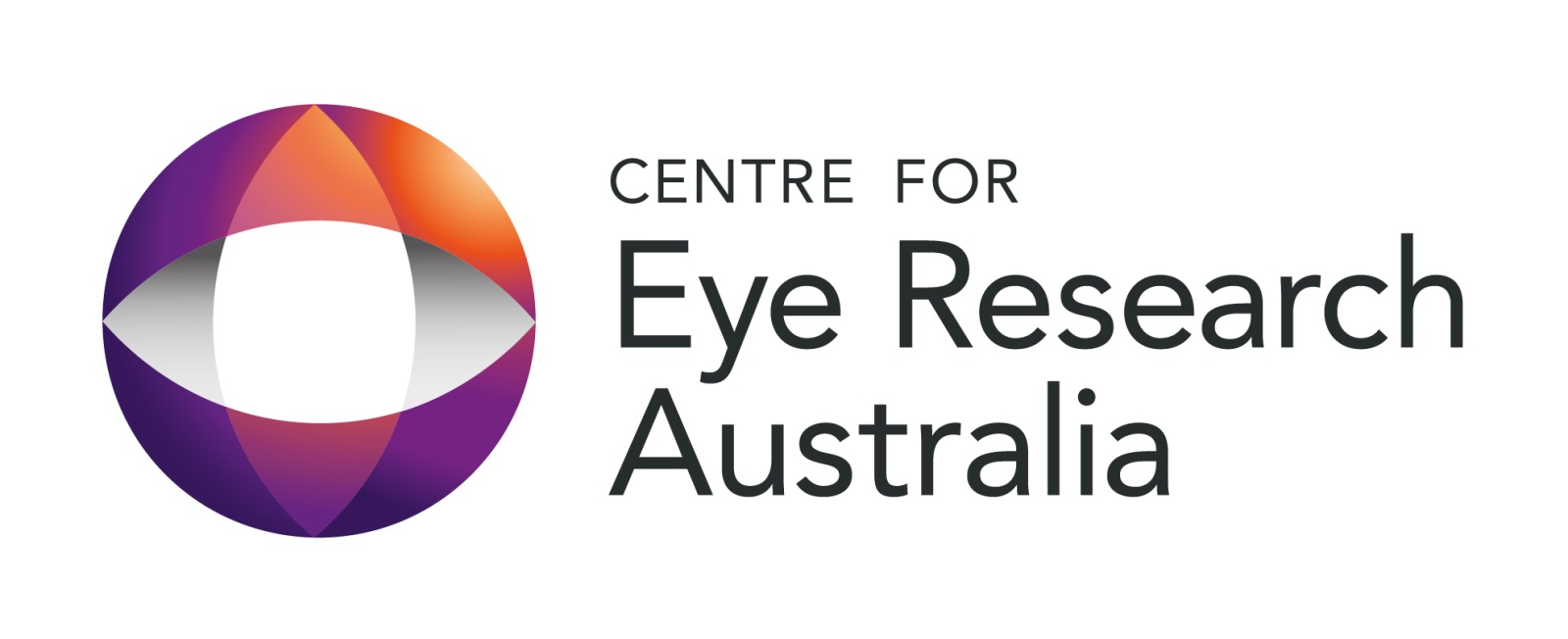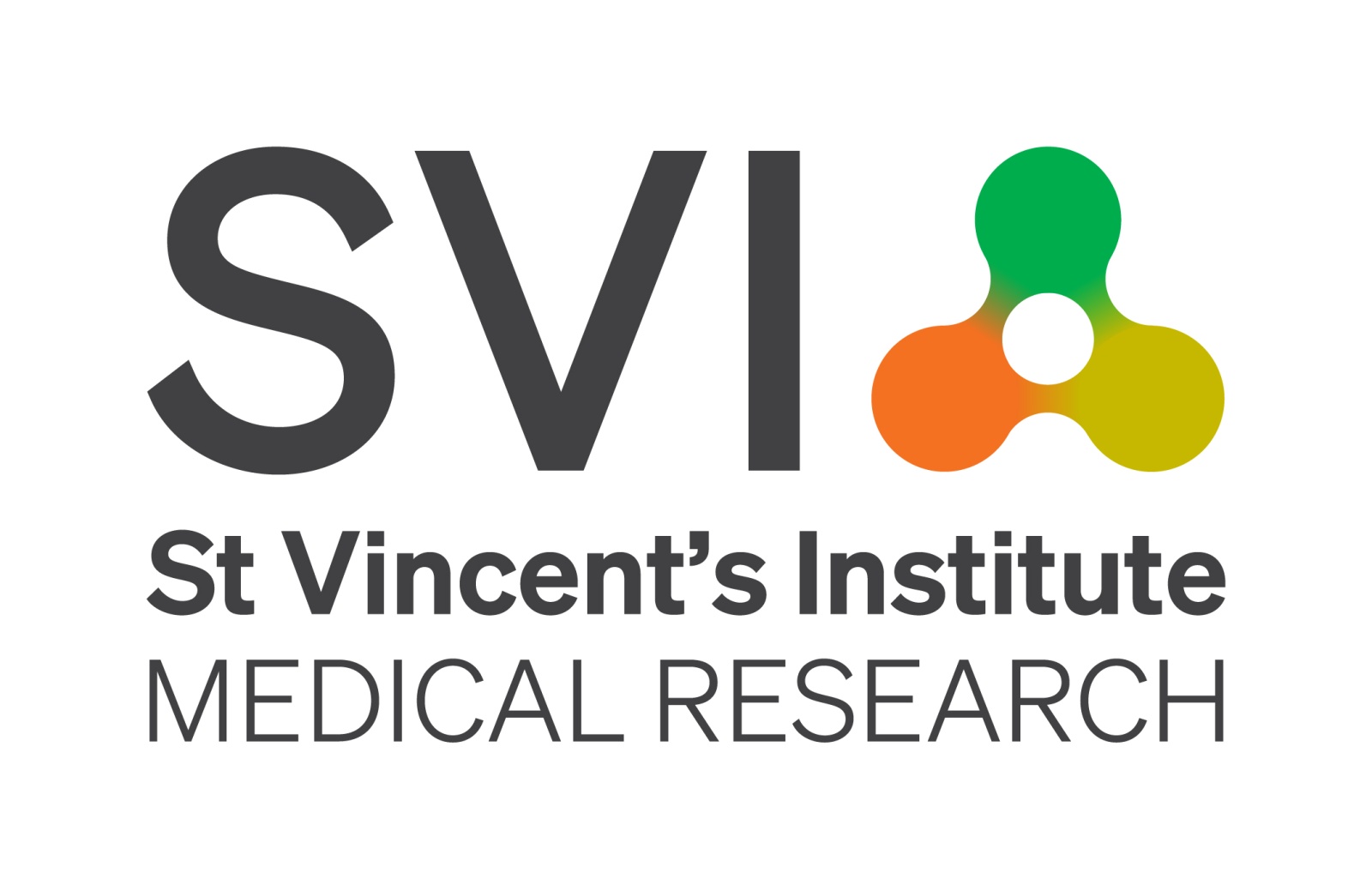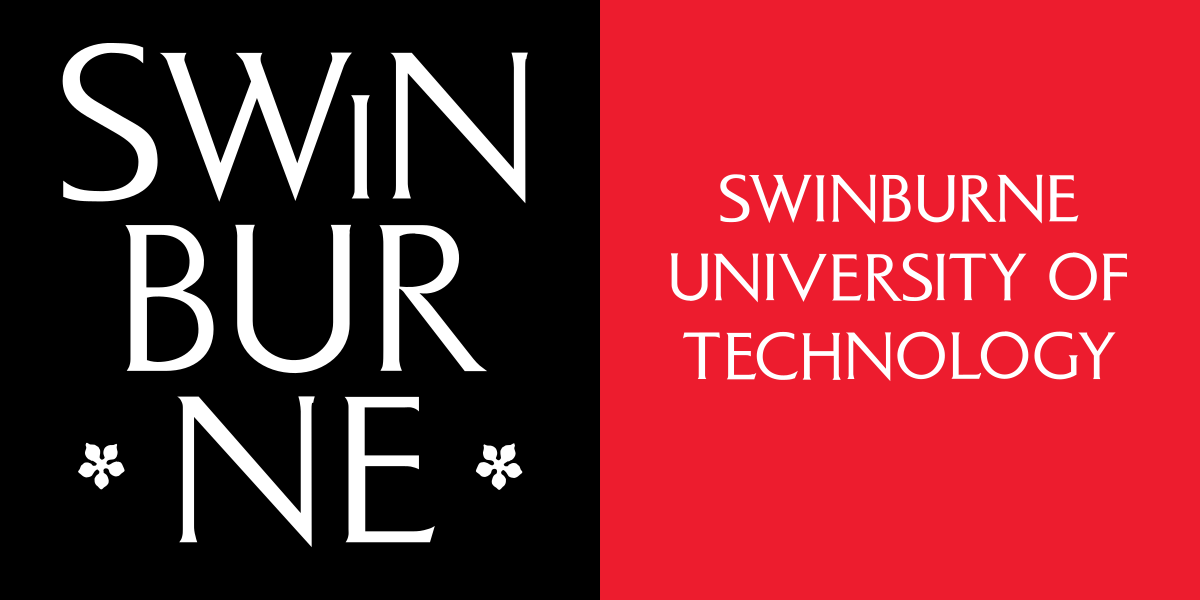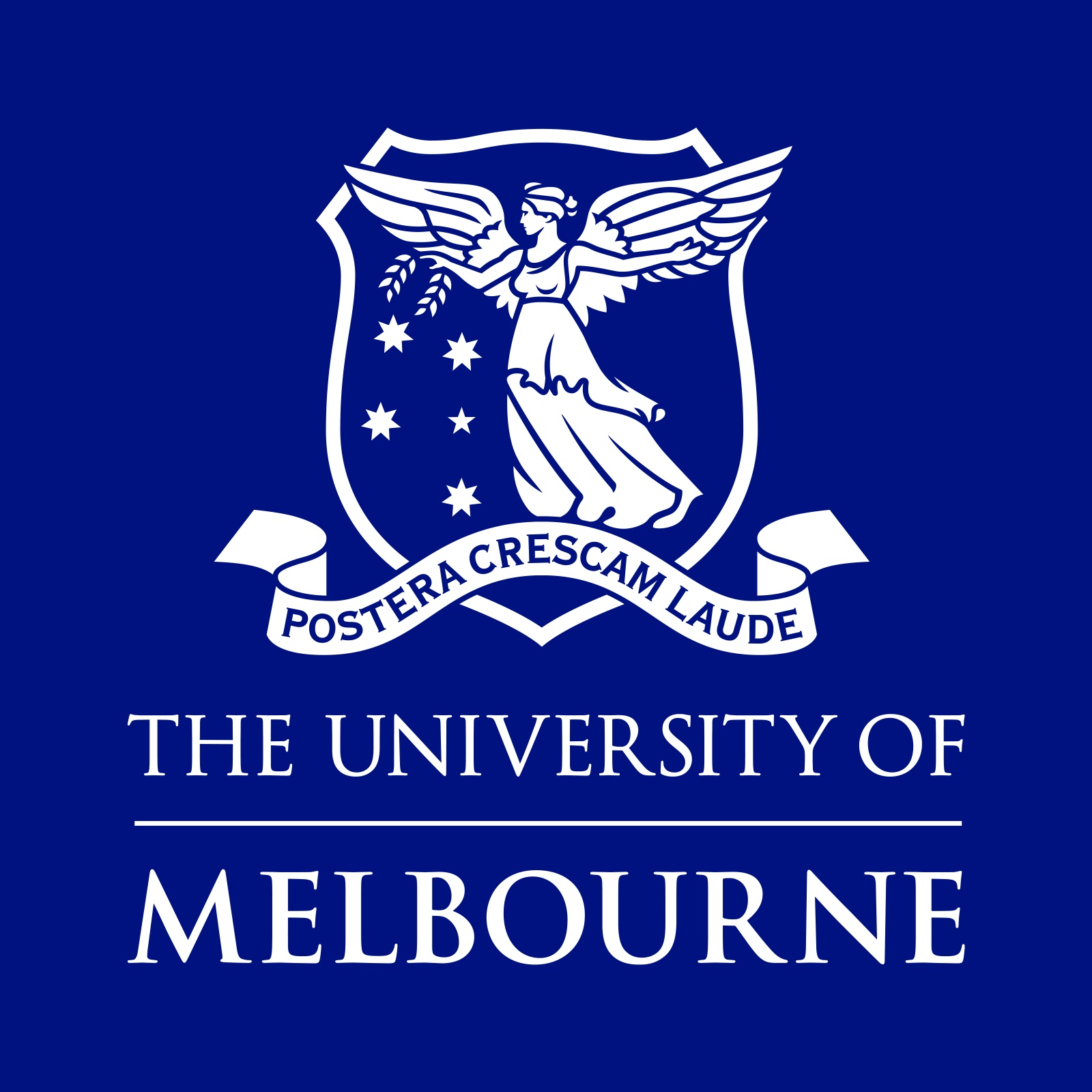A new clinical trial is being developed to support a globally unique Australian-led research study examining the use of artificial intelligence in breast cancer screening to improve the accuracy, efficiency and overall patient experience.
The BRAIx Project prospective clinical trial will investigate how an artificial intelligence (AI) reader can be used to read mammograms in conjunction with radiologists.
The trial is planned to start in early 2024, pending full ethics review and approval. The trial will run for 18 months to two years. It is anticipated that approximately 350,000 Australian women will take part.
“During the trial we will be gathering real-world evidence to assess the effectiveness of using an AI reader in the breast screening program,” said Associate Professor Helen Frazer, the Project Lead and Clinical Director of St Vincent’s BreastScreen.
“Each woman who chooses to participate in the trial will continue to receive the current high standard of care offered by the breast screening program. But, with the algorithm model running in the background, we will also be able to see how the AI reader performs in screening and assess the potential value it could add to support our human readers and improve the program.”
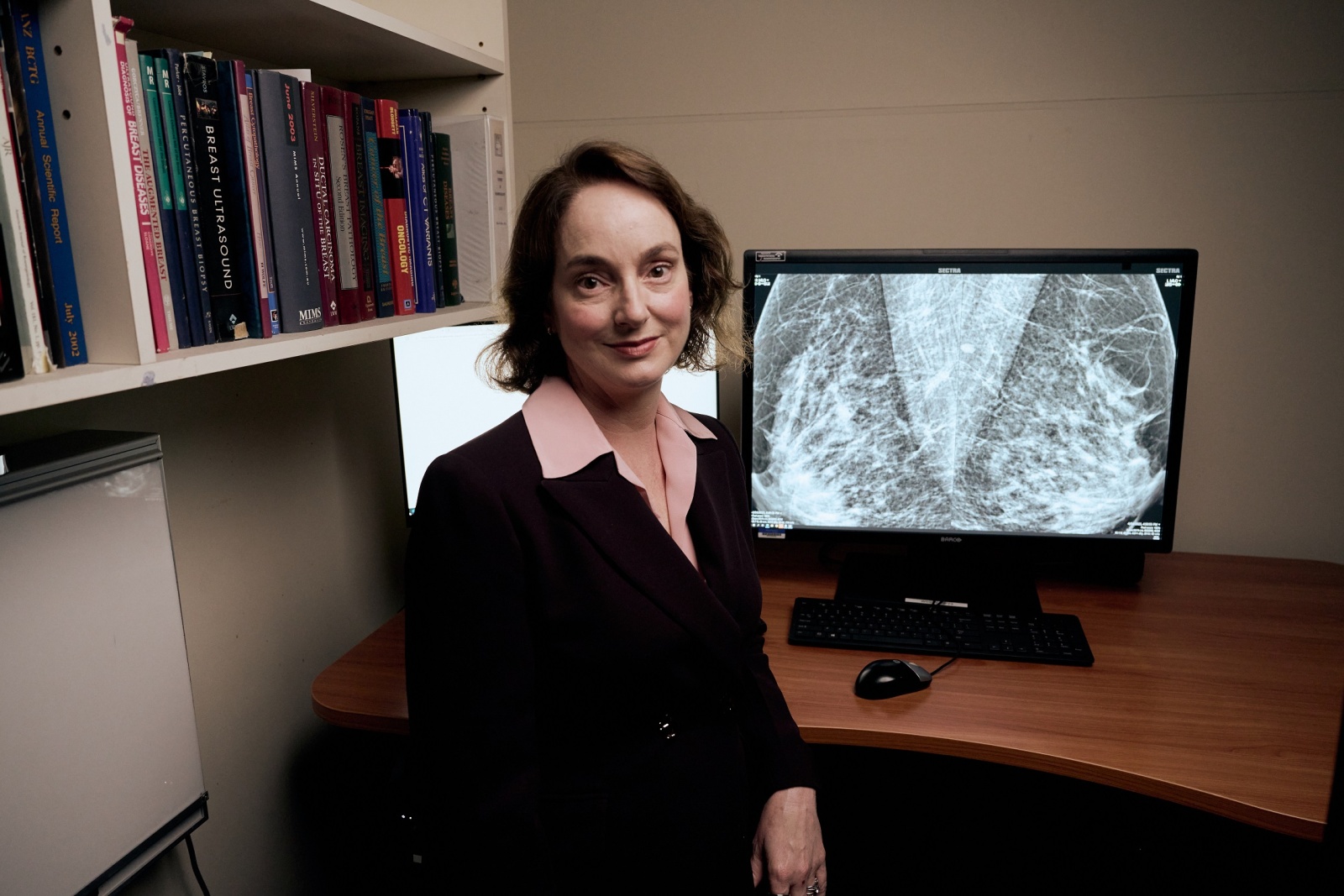
Project Lead – Associate Professor Helen Frazer.
The current breast screening service is a highly effective public health program reducing deaths from breast cancer. However, some women still experience interval cancers that were not able to be detected at the time of screening. Also, many women are recalled for assessment and subsequently determined to not have cancer.
In the current program every mammogram is read independently by two radiologists, and a third radiologist if views differ. This study proposes using an AI reader as one of two readers conducting the initial mammogram reading.
It is hoped the new AI-based models may help better detect cancer, lower unnecessary recalls to assessment, and improve timeliness, efficiency and participation in Australia’s population breast screening program.
“Using the AI reader could enable us to predict the risk of a woman developing breast cancer. We also see the potential for the AI reading model to support a risk-based personalised screening pathway in the future. Currently it’s predominantly a one-size-fits-all program,” said A/Prof Frazer.
In addition, service delivery may also be improved through the introduction of AI.“We will evaluate whether using AI has the potential to speed up the process and in doing so, reduce the two-week period women currently have to wait for a screening result,” said A/Prof Frazer.
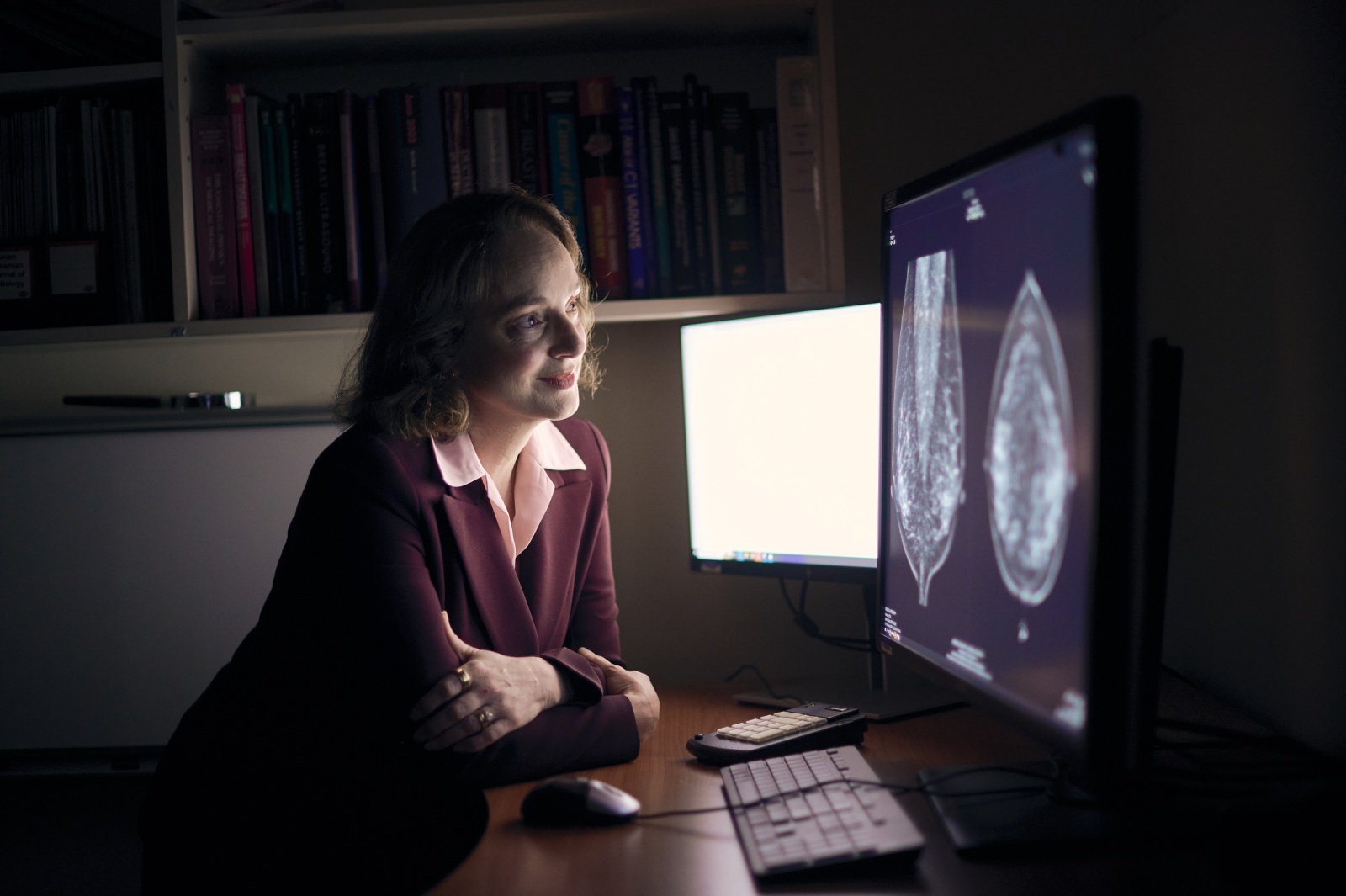
The BRAIx Project was awarded close to $3 million by the Federal Government’s Medical Research Future Fund earlier this year to conduct the clinical trial.
The trial will be conducted across BreastScreen services in Victoria, including St Vincent’s BreastScreen and South Australia.
The BRAIx clinical trial is being developed in partnership with St Vincent’s Hospital Melbourne, St Vincent’s Institute of Medical Research, the University of Melbourne, the University of Adelaide, Monash University, BreastScreen Victoria and BreastScreen SA.
St Vincent’s Hospital Melbourne, St Vincent’s Institute of Medical Research and the University of Melbourne are all founding partners of the ACMD.

